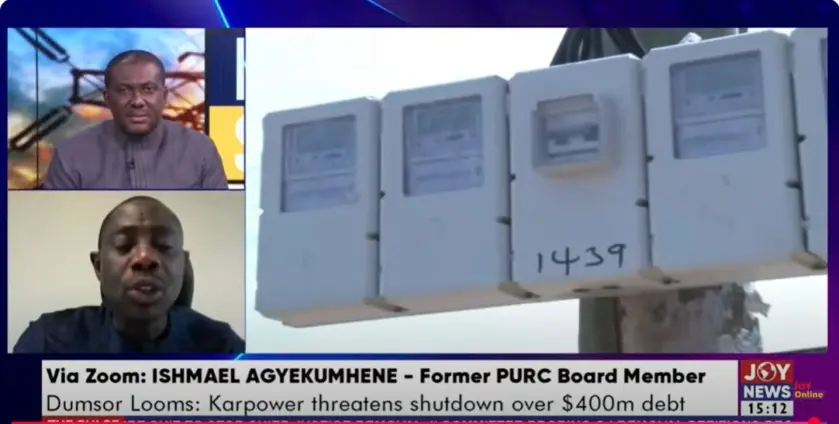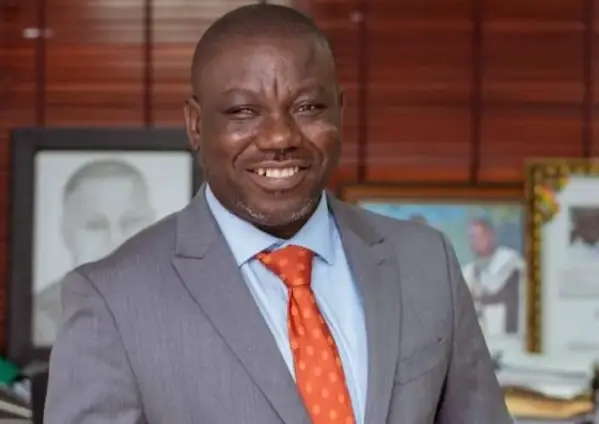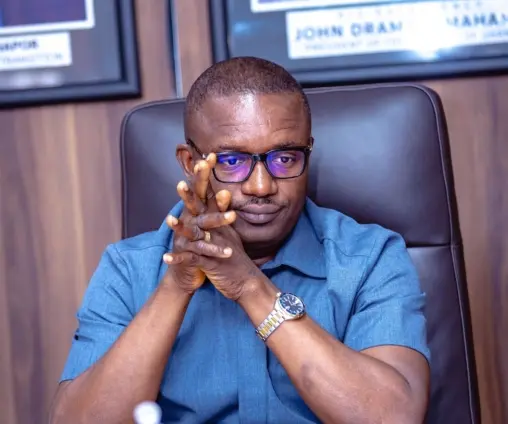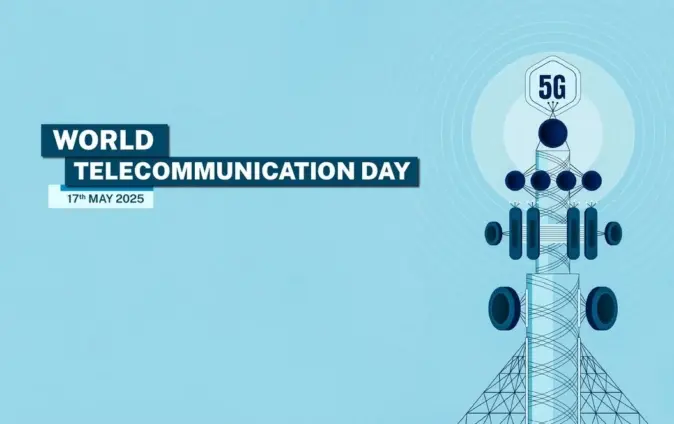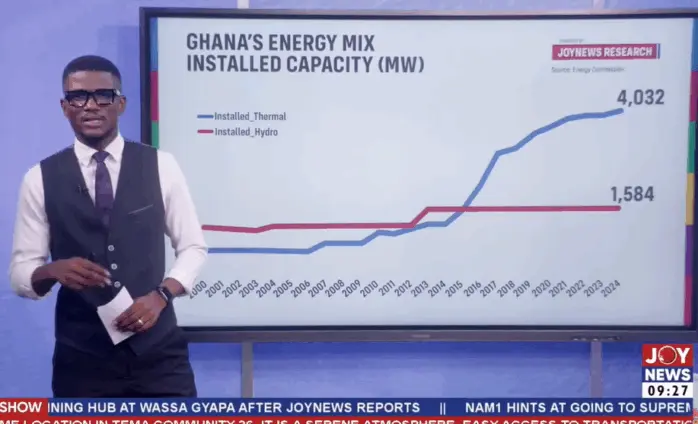Accra plunged into darkness again last week, the latest in a series of power outages that have sparked widespread frustration and renewed fears about the stability of Ghana’s energy supply. Businesses shuttered early, hospitals braced for disruptions, and households sweltered in the humid night, all victims of what many are now calling the Ghana Power Crisis. Into this maelstrom stepped Ishmael Agyekumhene, a former Board Member of the Public Utilities Regulatory Commission (PURC), with a sharp rebuke for the current Energy Minister, John Jinapor.
Agyekumhene’s criticism cuts to the heart of the matter: poor planning, a failure to secure adequate fuel supplies, and a lack of clear solutions to the country’s energy woes. He argues that the Minister’s explanations ring hollow in the face of the daily realities faced by Ghanaians. As the nation grapples with this deepening crisis, the spotlight is now firmly on the Ministry of Energy and its ability to deliver a sustainable solution.
Agyekumhene’s Criticism of the Energy Minister
Agyekumhene didn’t mince words, directly accusing Minister Jinapor of failing to secure the necessary fuel to keep the lights on. “Telling us today that we have only two and a half days of liquid fuel?” he questioned in a recent interview. “The Minister should stop giving excuses—it’s long enough for us to have secured the liquid fuel.” This pointed criticism highlights the urgency of the situation. Low fuel reserves translate directly into power cuts, impacting everything from small businesses to essential services.
Beyond the immediate fuel shortage, Agyekumhene pointed to a deeper problem: a lack of foresight and strategic planning. He acknowledged that unforeseen disruptions can occur, but argued that they are no excuse for failing to adequately prepare. “It does happen, it happened previously too, but there’s no excuse when we don’t have the cash to buy fuel because we failed to plan adequately,” he stated. In the energy sector, where demand is constant and supply chains are complex, strategic planning is not merely advisable—it’s essential.
Underlying Structural and Financial Issues
The Ghana power crisis isn’t simply about a lack of fuel; it’s a symptom of deeper structural and financial issues plaguing the energy sector. One of the most significant challenges is the country’s inability to purchase crude oil due to financial constraints. “The truth is, no one sells crude oil on credit. A single cargo costs about $50 million, and we don’t have the cash,” Agyekumhene explained. This lack of financial resources is directly linked to broader revenue collection problems, particularly within the Electricity Company of Ghana (ECG).
Agyekumhene argued that if ECG were effectively collecting revenue for power consumed, the country would be in a far stronger position to purchase the necessary fuel. “Yet, if ECG were collecting money for power consumed, we wouldn’t be in this situation,” he asserted. This underscores the crucial role of efficient revenue collection in maintaining a stable energy supply. Adding to the complexity, Agyekumhene highlighted inconsistencies in the Minister’s statements regarding excess capacity. “When he was in opposition, the Minister kept saying we had no excess capacity. Now he admits there is…” This raises questions about the transparency and accuracy of information provided to the public, as well as the financial burden of paying for idle capacity.
Proposed Solutions and Recommendations
Agyekumhene offered several potential solutions to mitigate the Ghana power crisis and prevent future occurrences. One key recommendation is to prioritize gas-based power generation, which he argues is a more cost-effective alternative. “Everyone managing the sector knows gas is cheaper,” he stated, emphasizing the economic benefits of shifting towards gas-powered plants.
Furthermore, Agyekumhene stressed the importance of establishing strategic reserves of liquid fuel to act as a buffer against future supply disruptions. “…then at least we should have strategic reserves of liquid fuel—not just two days, but at least a month,” he suggested. Maintaining adequate fuel reserves is a critical step towards ensuring energy security and preventing the recurrence of similar crises.
The Ghana Power Crisis demands immediate attention and decisive action. Ishmael Agyekumhene’s critique of Energy Minister John Jinapor highlights the urgent need for comprehensive reforms within Ghana’s energy sector. By addressing the underlying financial constraints, prioritizing gas-based power generation, and establishing strategic fuel reserves, Ghana can work towards a more stable and reliable power supply for its citizens and businesses. The insights from Agyekumhene underscore the pressing need for strategic planning and efficient execution to ensure a brighter, more energized future for Ghana.
Image Source: MYJOYONLINE

